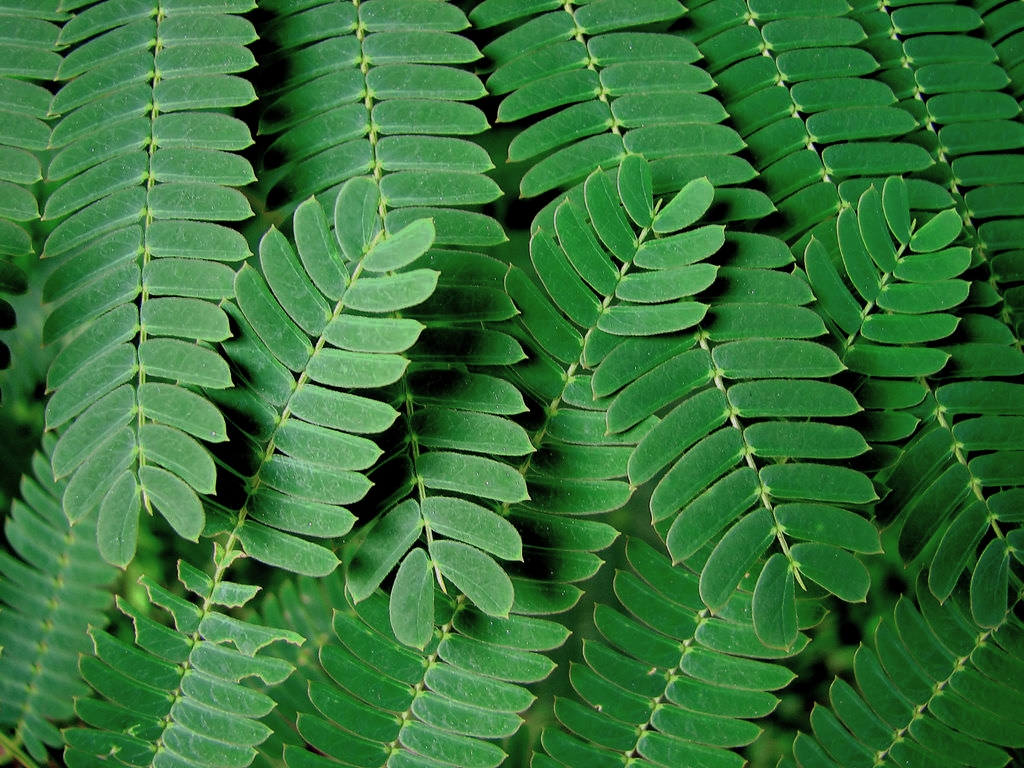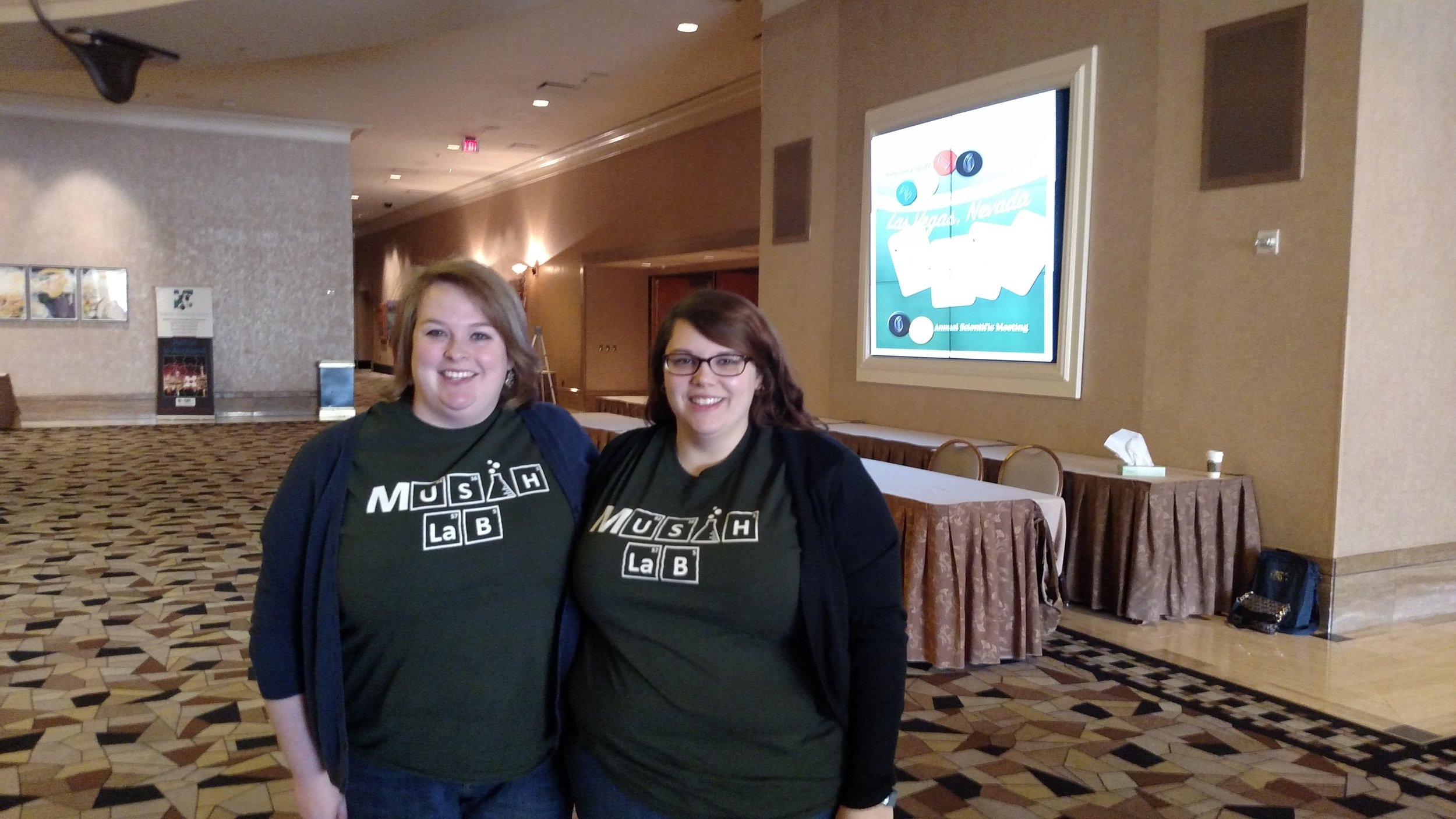Professor Musah's research on the creation of a psychoactive plant database for forensic analysis was featured on the front page of the Times Union newspaper.
"Rabi Musah is building a database with the fingerprints of some of the world's worst offenders. They've harmed, hospitalized and — some believe — even killed.
They've done so with impunity for centuries, and that's something Musah and law enforcement across the country would like to stop. Their names are Salvia divinorum, Datura stramonium and Picralima nitida, to name a few. They're ancient, psychoactive plants. And they're natural and perfectly legal."



















